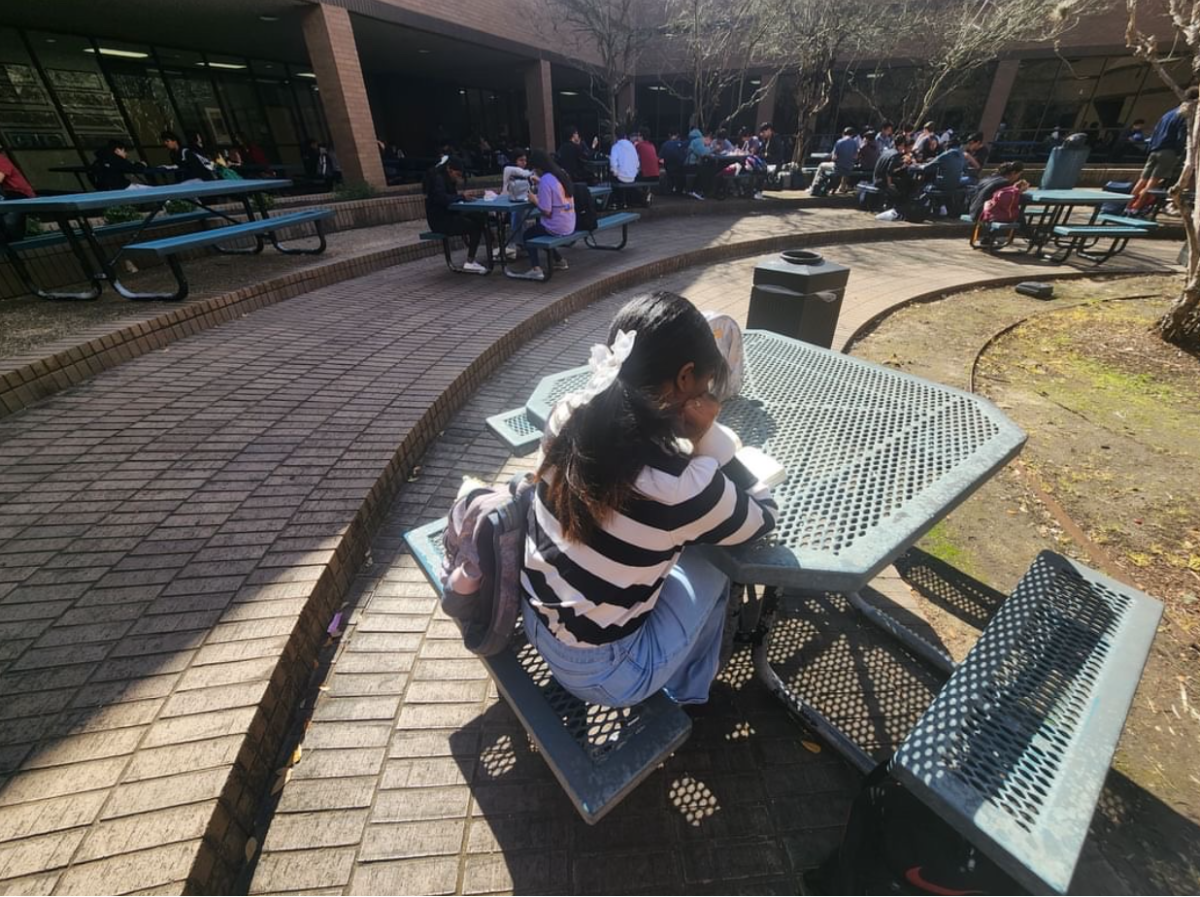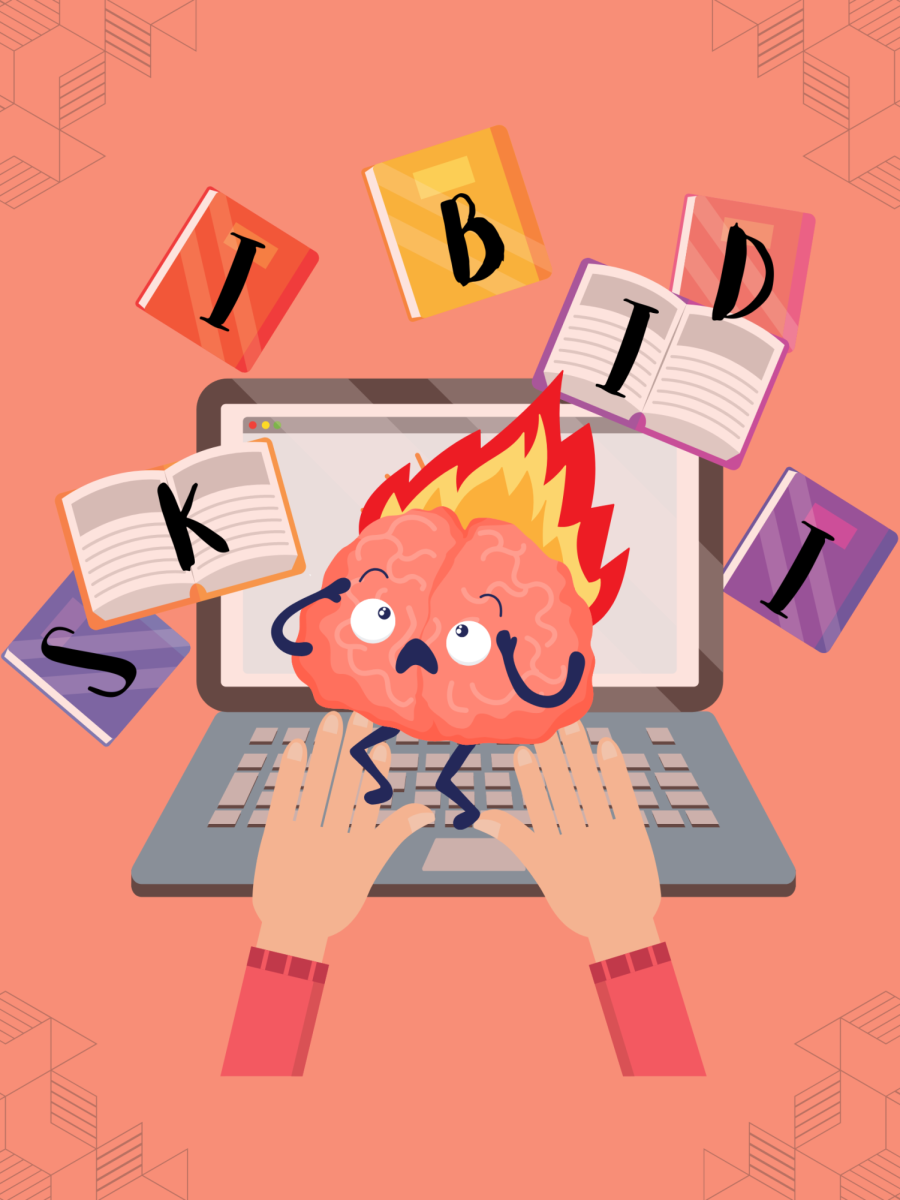A child holds a place in someone’s heart that can’t be replicated. When they are first born, they seek care and warmth from their parents. They are shown unconditional love that only grows as they grow older, but they need guidance with certain experiences like reading. However, in recent years, kids have been falling behind in reading, from one to two grade levels behind.
“Reading starts at a young age and the critical thinking skills that surround literacy develop each year,” Assistant Principal Matthew Warren said. “But lately, children are struggling to read more efficiently.”
According to an article from Scientific American, two-thirds of all children in America are unable to read. Early reading problems can be signs of future reading problems and if these signs are not addressed early, this could lead to major problems like falling behind in reading or struggling in math. Luckily, there are many solutions to this issue, including making reading activities that are simultaneously fun for the child and progress the child’s reading. However, children from low-income families may not be able to receive extra practice at home and may struggle in school.
“When I was young I had trouble reading and my parents didn’t have the time to sit down and help me because they were too busy working to provide for me,” junior Antoine Marshall said.
Another factor that can affect a child’s reading capacity is social media. Giving children phones at a young age can be detrimental to their success. But the main factors that affect a child’s reading are the teachers and their parents. If a child shows trouble reading, it becomes a two-man job for the teacher and parent.
“Both faculties work in tandem to educate children,” Warren said. “Once a child is identified with reading issues, both the teacher and parent should develop time to help the student progress.”
If children continue to fall behind in reading, this could lead to major issues in the future. Children will grow up to do the important jobs in the world; doctors, lawyers, engineers, etc. But a future where our population has a significant illiterate percentage will jeopardize both the children and our society as a whole.
“Reading is the most important factor to both a child’s success and society progressing,” junior Soha Kiyani said. “If we have children that will grow up illiterate, this will conflict both their futures and society’s future.”








